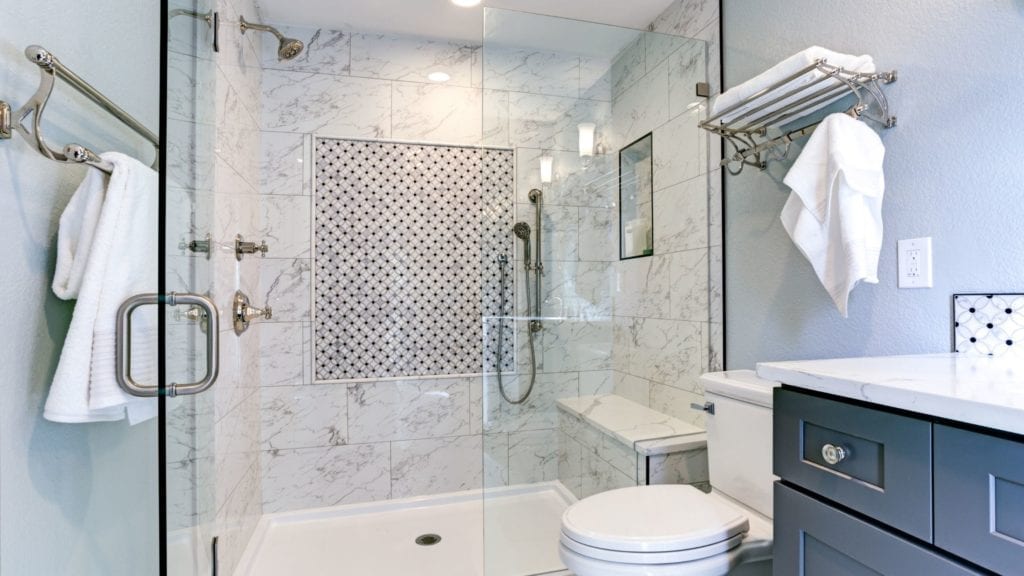Everything You Need to Know About Hard Water in Your Home
In Orange County hard water is a constant problem. If you’ve lived mostly in places with low mineral content in the water you might not be familiar with the problems caused by hard water. If you’ve been here your whole life, however, you will definitely be familiar with its effects even if you never realized the cause.
Water is called “hard” when it has a higher than average amount of minerals like magnesium or calcium. Water that is collected through wells, springs, or other underground sources is filtered through rocks that contain these minerals and it carries sediment from them with it to the surface. It affects plumbing systems and your skin and hair so the impact is substantial.
The Good
Hard water isn’t completely bad. Some people prefer the taste of harder water, in fact many bottled water companies actually add minerals to the water during bottling in order to recreate this familiar taste. Calcium and magnesium are also required in a healthy diet so drinking hard water can help ensure your body is getting the nutrients it needs.
Hard water also happens to contain lower sodium so it’s generally healthier to consume than soft water. This is very convenient for those who need to watch how much salt they consume.
The Bad
Have you ever washed your dishes only to see a white powdery residue on them, no matter how hard you scrub? That’s the result of remineralization from hard water sources!
The minerals in hard water will interact with the clothing in your laundry as well, requiring you to use additional fabric softeners to make up for the way they affect your clothes. When you take a shower, wash your hands, or brush your teeth the minerals get on your skin and leave it dry and flaky, and they can make people with sensitive skin very itchy.
One way to fight these effects is by getting a water filter-softener system in your home. These systems can work in a variety of ways but the most popular is by adding sodium to your water. It can change how the water tastes and also leave it feeling “slippery” or “slimy” to people not accustomed to it. Many people who get softeners end up choosing a system that doesn’t impact the water used in their kitchen to avoid that change in taste.
The Ugly
The minerals left behind by hard water will build up inside your plumbing system and every faucet and appliance connected to it. Your water heater gets encrusted on the inside with these deposits and they make it harder to heat the water in your home. Any appliance or outlet with small nozzles like a shower head, dishwasher, or kitchen faucet will get clogged with build-up over time. You will also see that familiar blue/yellow/green crust forming around the exit points on your fixtures, which while harmless to your health certainly doesn’t look appealing and can definitely lead to issues with water flow and pressure. The crust is also a perfect spot for bacteria to grow on, and when it happens inside your pipes you may begin to notice awful smells coming from your drains and fixtures.
Without a water softener you will need to clean these fixtures manually, which can be a very grueling process and involves harsh chemicals like CLR and other acids. It is better to avoid that altogether!
Do It Right Plumbers is proud to offer the best possible plumbing experiences to our customers. With our fixed pricing you can rest easy knowing you won’t be overcharged or blindsided by additional costs. We also offer a Club Membership for those who aren’t are interested on saving big. Our teams are available to come in for a free home plumbing evaluation, and we’re available to help with all your plumbing needs at a time that works best for you. Call us today at (714) 862-2393 , or visit our website to set up your appointment today.

